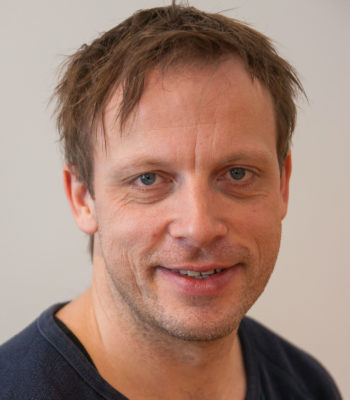WP5: The role of rights in bioeconomic transition
Norway’s system of property rights will have a major influence on the nature of bioeconomic transition. For example, in Norway’s strongly regulated environment legal Acts such as the Allodial Act, Concession Act, or Land Act strongly affect the way in which farmland is controlled and managed (Flemsæter, 2009). Changes to legal rights (e.g. with new neoliberal policies) could play a major role in the type of bioeconomy that develops. Public versus individual rights will also be important. Franks (2014: 71), for example, contends that pushing sustainable intensification to meet bioeconomic food production and sustainability targets raises issues of private versus social determination of land use. Intellectual property (IP) poses another challenge. If the bioeconomy is to meet the growing need for sustainability and food security technological progress needs to be rapid but, as Calvert (2012) observes, the current IP system can limit the pace of development. Following the example of the software industry or Tesla Motors, open-sourcing IP could lead the bioeconomic transition down a more rapid – and not necessarily less profitable – transition path. In contrast, maintaining existing IP rights could lock-in legacy conditions.
Objective: The objective of WP5 is to enhance our understanding of the socio-legal aspects at work in transition processes in the bioeconomy – in particular, the role of different systems and ideologies of rights on the potential for innovation, profitability, value creation and sustainability. We will look for how the rights system (both formal and informal) might lock the bioeconomy into particular development pathways and how this may affect value creation.
Methods: This WP will draw on socio-legal theories (see Braverman et al., 2014) to analyse the way in which the transition to the bioeconomy will be contested and enacted. While this WP will be integrated with (and draw data from) all social science work packages it will particularly focus on (a) the individual sector foresights in WP2a and (b) the case studies of bio-technical transitions in WP3. This will enable us to investigate how rights to bio-resources and IP work in practice to facilitate or inhibit the transition to a bioeconomy and bring about particular economic, social and environmental outcomes. We will use a combination of methods including (a) questions in the formal sector postal/e-mail questionnaire from WP2a, (b) key stakeholder (20) and focus group interviews (three with 6 to 9 participants in each); and (c) a desk-based analysis of laws, court cases, policy documents and management plans.
Outputs: This WP will contribute to the integrated foresight analysis (WP2b) as well as developing a set of coherent policy guidelines to : inform future strategies for managing a growing range of uses and users in the bioeconomy (for WP10).
WP leader: Dr Frode Flemsæter, Ruralis.
Additional participants: Ruralis. Prof. Kirsti Strøm Bull. Dr Richard Gold (Canada).

